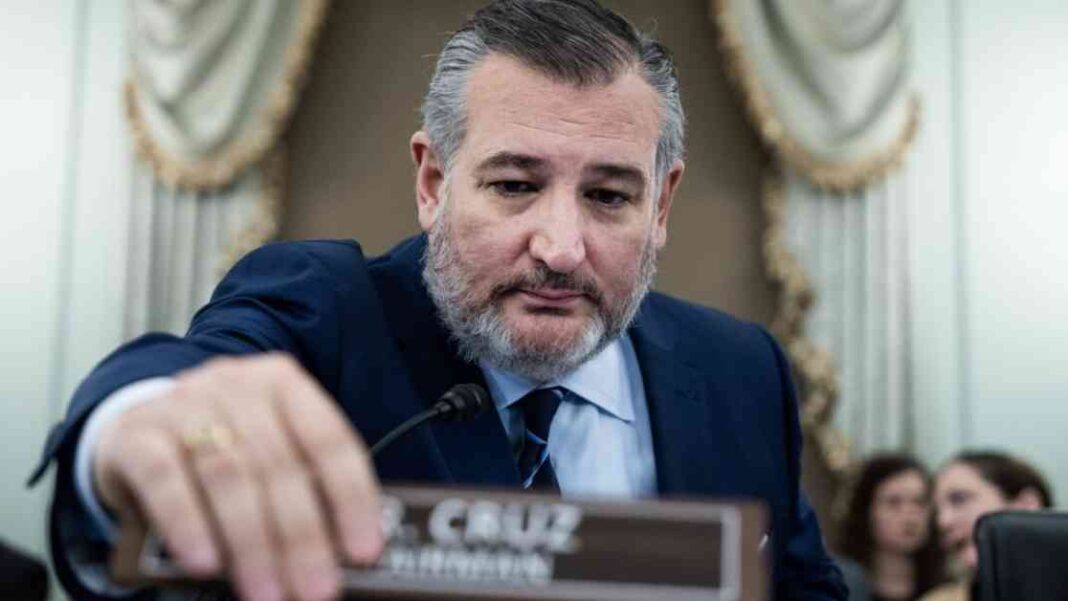Senate Republicans have raised concerns about thousands of research grants labeled as “woke DEI” projects, sparking debates and confusion among scientists. One such researcher, Darren Lipomi from the University of Rochester, expressed frustration when his project to aid throat cancer patients was included in this list of flagged grants. The controversy, fueled by Senator Ted Cruz’s accusations of ideological bias and Marxist influences in these projects, has left many in the scientific community feeling uncertain and anxious about the future of research funding and diversity initiatives.
Questionable Grants and Political Backlash
A compilation of 3,483 NSF grants, totaling over $2 billion, was scrutinized by Senate Republicans for allegedly promoting diversity, equity, and inclusion (DEI) tenets, which they deemed as distracting from core scientific goals. This move by the Senate Commerce Committee, spearheaded by Cruz, has raised questions about the politicization of research funding and the implications for scientific progress. The list of flagged projects, which encompassed a wide range of research areas across all states, has further intensified the ongoing debate on the role of DEI in science.
Experts and former NSF officials, like Neal F. Lane, have pointed out that promoting diversity in research has been a longstanding goal of the agency, dating back to the 1990s. The inclusion of DEI considerations in grant proposals was intended to enhance the societal impact of scientific endeavors and foster a more inclusive scientific community. However, recent political scrutiny and pushback against these initiatives have cast a shadow of doubt over the future of such programs and their alignment with government priorities.
Impact on Scientific Community and Future Research
The controversy surrounding the flagged grants has not only generated fear and uncertainty among researchers but has also raised broader questions about the direction of science funding and the prioritization of research goals. Scientists like Shumpei Maruyama, who are engaged in climate change and biodiversity research, face the prospect of reduced funding and increased scrutiny under the current political climate. Maruyama’s concerns about the potential consequences of these developments on his career and the scientific community at large reflect a broader sentiment of apprehension and unease among young researchers.
The implications of these political maneuvers on the future of scientific research and diversity initiatives remain uncertain, as the NSF and other scientific organizations navigate the challenges posed by the current political landscape. The need for a balanced approach that upholds scientific integrity while promoting diversity and inclusion in research is at the heart of this debate, highlighting the complex interplay between political ideologies and scientific progress.
In conclusion, the controversy surrounding the flagged grants and the broader implications for the scientific community underscore the delicate balance between political interests and scientific pursuits. As researchers and policymakers grapple with these challenges, the future of science funding and diversity initiatives hangs in the balance, shaping the trajectory of scientific innovation and societal progress in the years to come.











